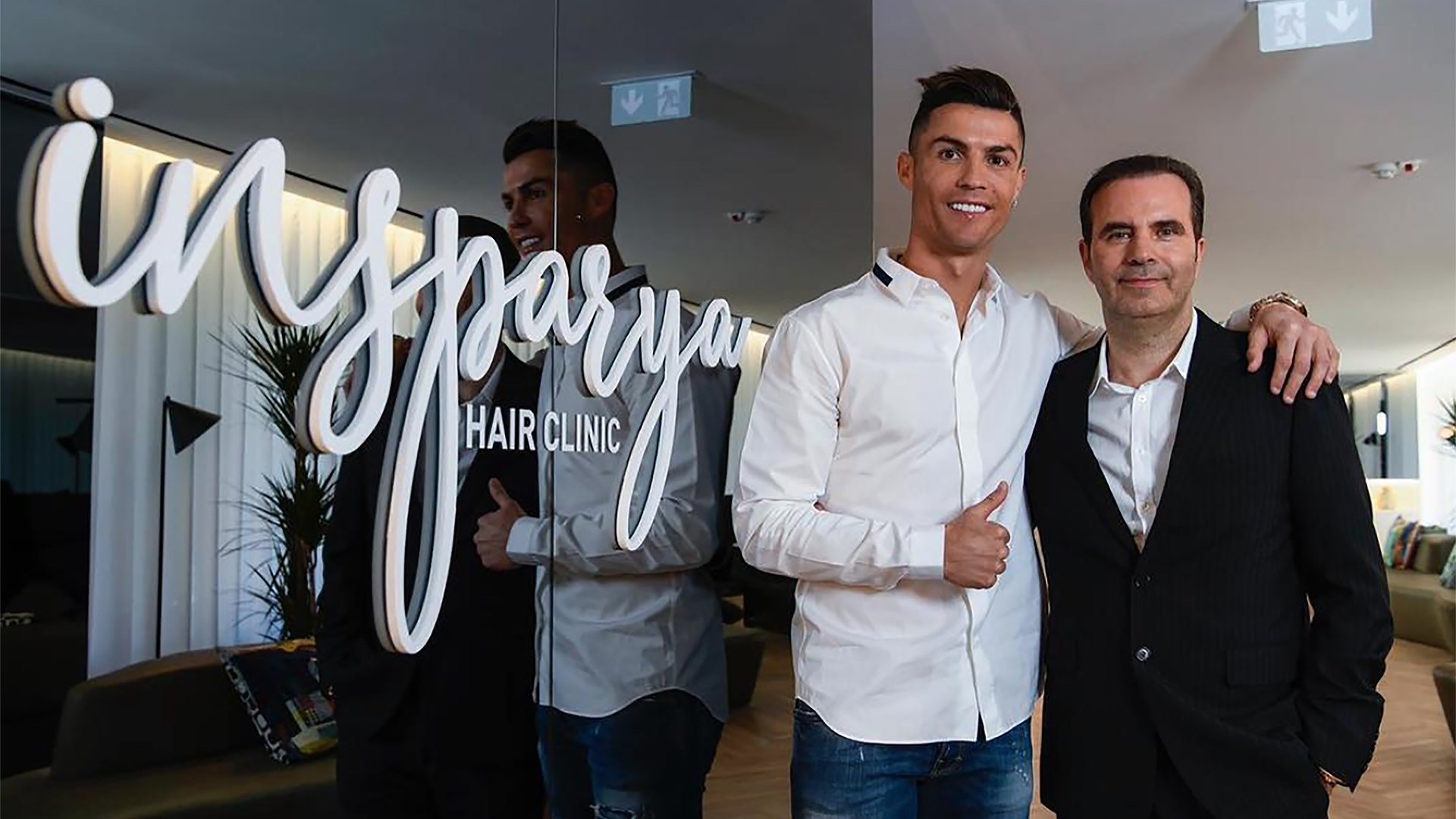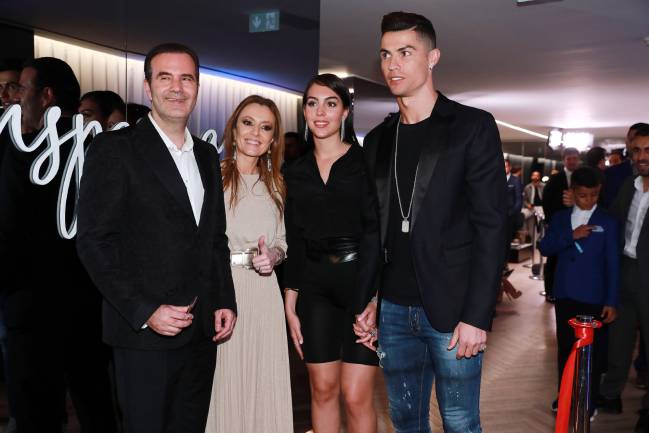
Cristiano Ronaldo, the football star known for his impressive earnings and commercial ventures, is currently facing scrutiny over the hair transplant clinics he co-owns. The clinics, run by the Insparya Medical Clinic, are now being investigated by Spain’s Tax Agency, as they allegedly failed to issue VAT bills to hundreds of clients between 2019 and 2021.
Ronaldo, whose wealth was estimated to reach $500 million by Forbes in 2023, has ventured into various business endeavors. However, recent reports suggest that his investments might be facing financial challenges. The 38-year-old athlete owns multiple hair transplant clinics, and these clinics are currently under the tax authority’s microscope.

The crux of the issue revolves around whether hair transplants are solely for aesthetic purposes or if they have a medical component. The Spanish Treasury contends that such transplants are performed primarily for aesthetic reasons and, therefore, should be subject to a 21% value-added tax. In contrast, the company argues that alopecia is a disease, and medical services related to its diagnosis, prevention, treatment, and cure should be exempt from VAT.
To investigate this matter thoroughly, tax authorities have reviewed bank records, cash transactions, and a list of all payments made by the clinics. Their case file began taking shape in February 2022, with a hearing scheduled for May 2023.
The Insparya Medical Clinic claims compliance with all legal and regulatory requirements, although they have enlisted attorneys to handle the procedure.

Furthermore, researchers have been emphasizing the medical nature of these interventions, despite their purely aesthetic aspects. Tax authorities have requested various receipts, including VAT-free hotel, restaurant, and travel expenses, which the company deducted.
Insparya has cited reports from the World Health Organization and dermatologists to justify their position, arguing that alopecia is indeed a medical condition, and hair transplants serve as essential medical treatments for those affected.
“It is not questionable that the treatment of alopecia leads to an aesthetic improvement in a large part of the patients subjected to said treatment,” their report states. “However, the objective of this treatment is not only aesthetic, but also medical, such as the placement of a prosthesis for a patient who has lost a limb.”
As the investigation unfolds, it remains to be seen how the case will progress and what implications it may have for Cristiano Ronaldo and his hair transplant clinics. This story underscores the complex interplay between medicine and aesthetics in the world of hair transplantation and the regulatory challenges it presents.





